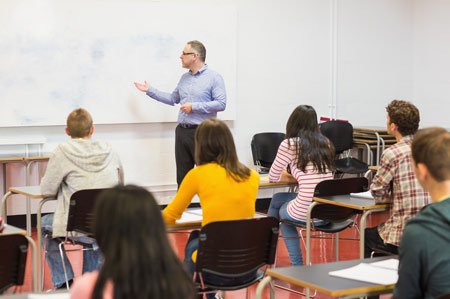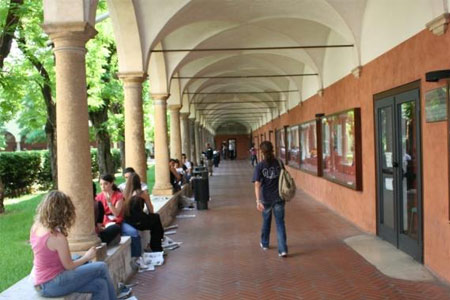- Didattica

Semestre filtro
Corsi di laurea
Corsi di laurea magistrale
POST LAUREA
- Facoltà
- Segreterie e sedi

Segreterie
Strutture
- Persone
- MY UNIVR
-
| Teaching is organised as follows: | |||
| Activity | Credits | Period | Academic staff |
| SALVAGNO | 0.5 | not yet allocated |
Gian Luca Salvagno
|
| LIPPI | 0.5 | not yet allocated |
Giuseppe Lippi
|
At the end of the course the student:
1) Will know the general interpretation of the laboratory test criteria based on concepts of normality, reference intervals, analytical and biological variability intra- and interindividual. Will be able to interpret the diagnostic value of laboratory tests: specificity, sensitivity, positive and negative predictive value.
2) Will know the basic principles of laboratory methods in pre-analytical phase (sampling, processing and storage of samples), in the analytical phase (basic principles and implementation of the most important laboratory techniques), and post-analytical phase (collection, processing and reporting of data, quality control).
3) Will know the meaning underlying pathophysiological alterations of laboratory indices, and will integrate these changes with signs and symptoms detected clinically by history and physical examination to arrive at an interpretation of the most important diagnostic clinical syndromes.
4) Based on the pathophysiological significance and clinical laboratory test will recognize the motivations of test requests, the logic and semiologic value of individual tests in typical clinical cases.
Oral
| Reference books | ||||||
| Activity | Author | Title | Publisher | Year | ISBN | Note |
| LIPPI | Ciaccio M, Lippi G | Biochimica Clinica e Medicina di Laboratorio (Edizione 2017) | EdiSES Edizioni Scientifiche ed Universitarie | 2017 | 9788879599580 | |
© 2002 - 2025
Verona University
Via dell'Artigliere 8, 37129 Verona |
P. I.V.A. 01541040232 |
C. FISCALE 93009870234